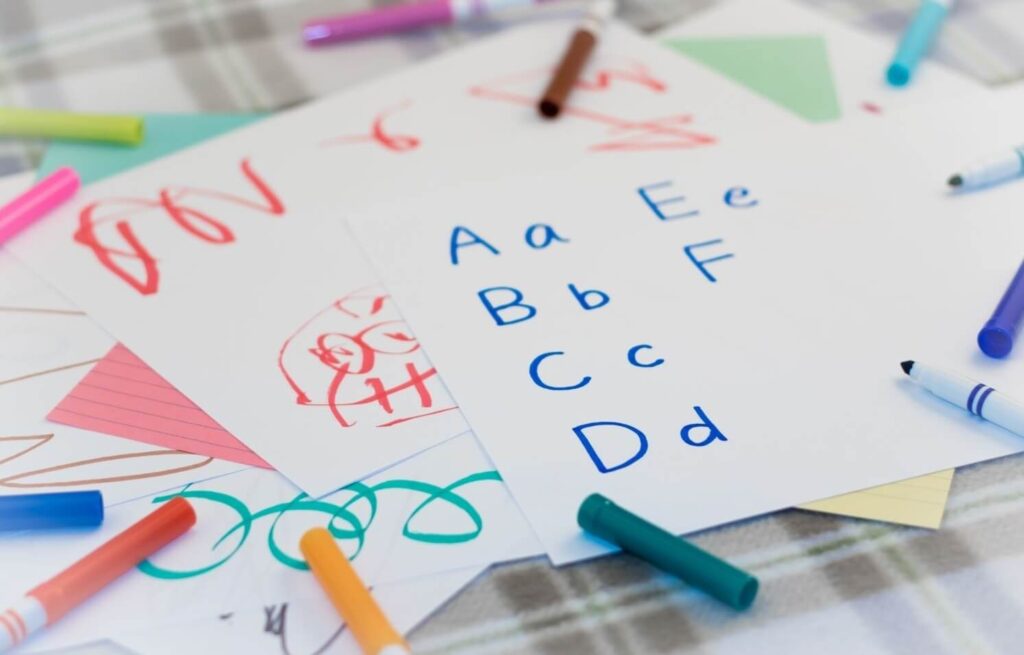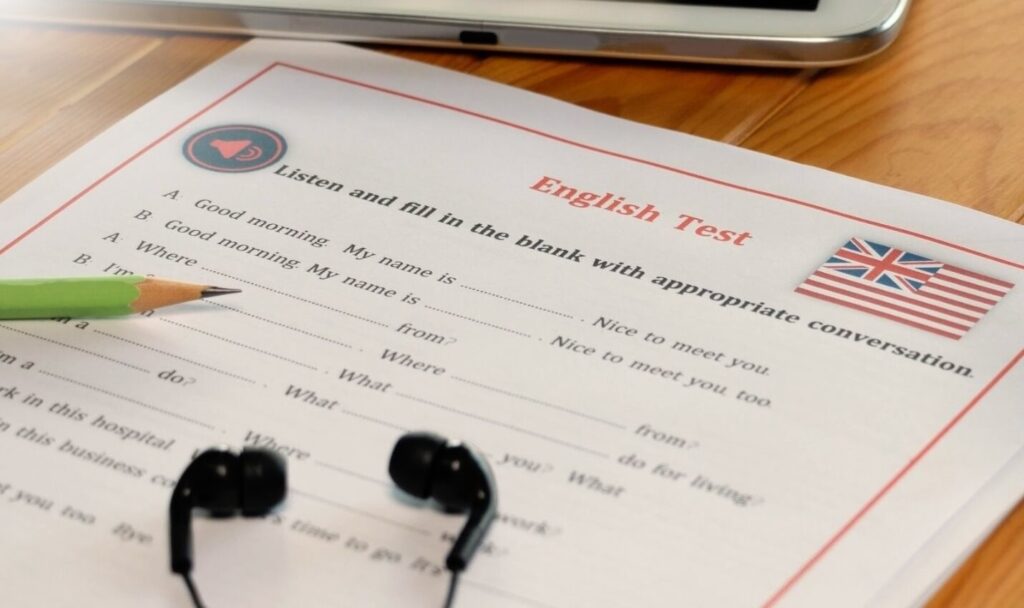
Quick Overview
English Level 2 Functional Skills is a qualification that builds everyday reading, writing, speaking, and listening abilities needed for work, study, and daily life. It focuses on understanding information, communicating clearly, and using correct grammar and spelling. Reaching this level can help with getting a job, moving up in a career, or studying further. This guide covers:
✅ What English Level 2 Functional Skills means
✅ Main benefits of earning the qualification
✅ Simple tips and resources to prepare well
✅ How to pass and use these skills in real situations
To pass functional skills exam on English Level 2 one needs to aim at practical language skills that can help in daily life or in education/work settings. With sufficient knowledge of the exam content and preparation for it, one can easily achieve an English Level 2 Functional Skills certificate. Given below is the guide that will aid students in succeeding in the exam. The guide is composed of the essential aspects of the test alongside techniques for preparation and strategies for the exam day.
1. Get Familiar with the Parts of the Exam
There are three parts to the English Level 2 Functional Skills and they are as follows:
- Reading: This part includes text analysis along with information comprehension and meaning extraction. Real-life materials such as newspapers, articles, and emails are used as the examination materials. As with many subjects, comprehension, analysis, and critical thinking are also evaluated.
- Writing: This part comprises students producing writing samples to measure their communication efficiency through writing. Students need to engrave formal emails, letters, and reports. Students are assessed spelling grammar and even coherence.
- Speaking and Listening: During discussions and presentations, students are tested on how well they can verbally communicate.
Together with being verbal, students must actively participate, allowing room for idea articulation.
Being familiar with the exam format allows students to sort their preparation schedule.
2. Examine Your Current Capabilities
Before we move to particular measures of preparation we should find out how good or bad one’s reading, writing, and speaking/listening skills are using the diagnostic tests. Use this assessment to develop effective means of study:
- Reading: Are you having difficulties in understanding, understanding the tone of the rationale, or assessing the arguments among the texts?
- Writing: Can you identify where problems exist in attempting to respond to questions in terms of organization, grammatical accuracy, vocabulary, and others?
- Speaking and Listening: How do you feel about expressing your ideas and engaging in conversation or discussion?

3. Concentrate on the Most Important Skills
Reading Skills
- Practice skimming and scanning texts to be able to pick out main ideas quickly.
- Focus on the Tone, Purpose, and Audience of a writing piece.
- Evaluate from several different materials, some information against others.
- Familiarize yourself with different types of questions with practice papers.
Writing Skills
- Be versed in both formal and informal styles of writing, as the task may require such.
- Understand how to organize the response, which has an introduction, a main part, and a conclusion.
- Be proofread for spelling, grammar, and punctuation errors.
- Strive for clarity and conciseness of speech and tone perfectly appropriate.
Speaking and Listening Skills
- Join in discussions to gain confidence when putting forward one’s ideas.
- Learn how to get a feel for mapping out major issues or how to respond to them or take the weight of them.
- Pronunciation practices, articulation, and active listening.
4. Take Advantage of Helpful Resources
Make sure to purchase quality English Functional Skills study materials such as
- Textbooks: These provide an excellent overview of all course material covered on the exam.
- Web Sites: Sites such as the BBC Bitesize, and Functional Skills have sample lessons as well as practice tasks.
- Past papers: Familiarize yourself with the format of the exam in terms of question types and time allocation by doing previous exam papers.
- Apps and Tutorials: Have an app that focuses on grammar, vocabulary, and communication.

5. Learn by Doing
Functional Skills English is more practical than most coursework so consider the following tasks and integrate them into your everyday activities.
- Reading: Go through articles with the intention of practicing your comprehension skills by using newspapers, instructions, or advertisements.
- Writing: Depending on your interests draft letters, reports, or emails on topics you would enjoy.
- Speaking and Listening: Engage yourself in conversations to share your thoughts, join group discussions, deliver ideas, or listen to motivational podcasts to enhance your verbal skills.
6. Time Management for Success in the Examination
Managing time properly while sitting for the exam is critical. How to go about it:
- Reading Part: Encourage the student to quickly scan through the text to get a sense of it and only then begin focusing on the questions.
- Writing Part: Advise the student to allocate sufficient time for planning, drafting, and re-drafting as well as for proofreading the work.
- Speaking and Listening Part: Do not panic, Listen and respond without sounding disorganized.
7. Common Challenges and How to Overcome Them
Challenge 1: Problems in Grasping Content Having Always Had a Problem With!
By using your own language, try to restate the basic ideas. Also, transform and split difficult sentences into manageable components.
Challenge 2: Poor Writing Proficiencies
Erupt several details at a time for example; grammar, structure or tone. Set and ensure that you write regularly and that you’re able to get consonance from your teachers or colleagues.
Challenge 3: Speaking Tasks Anxiety
Try standing in front of a mirror or with friends who you trust to perform this exercise: build confidence. Practice by thinking up the answers to a few common discussion topics that you will be anticipating.

8. How Should I Approach Exam Day
- Think Practically: Anxiety makes deep breaths difficult; however, if you manage to stay calm, everything seems to come together. So think practically. You may also practice deep breathing.
- Obey the Tasks: Be certain that you comprehend what you are expected to do before undertaking any activity/narration.
- Garnish Your Answers: Brief points should be used in transcripts to facilitate the organization of ideas and thoughts, especially in the writing section.
- Repeat the errors: If the time allows you, go then look for the mistakes you made so that the next time they happen, you can rectify them.
Conclusion
To pass Functional Skills exam for English Level 2 is more about performing tasks rather than memorizing concepts. With the right preparation, practice, and relevant application, one can walk into the exam room feeling confident. Remember, it’s never about the exam but the improvements an individual makes toward understanding the application of reading, writing, speaking, and listening. It will all culminate in triumph if your preparation is on point!
